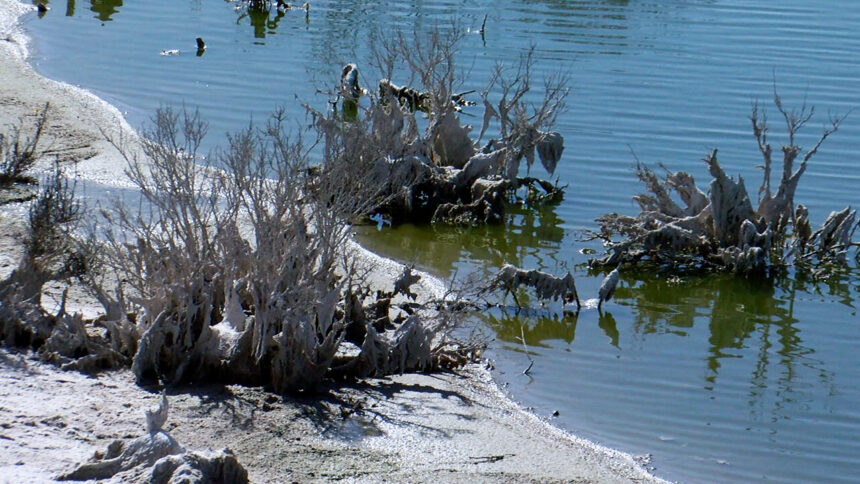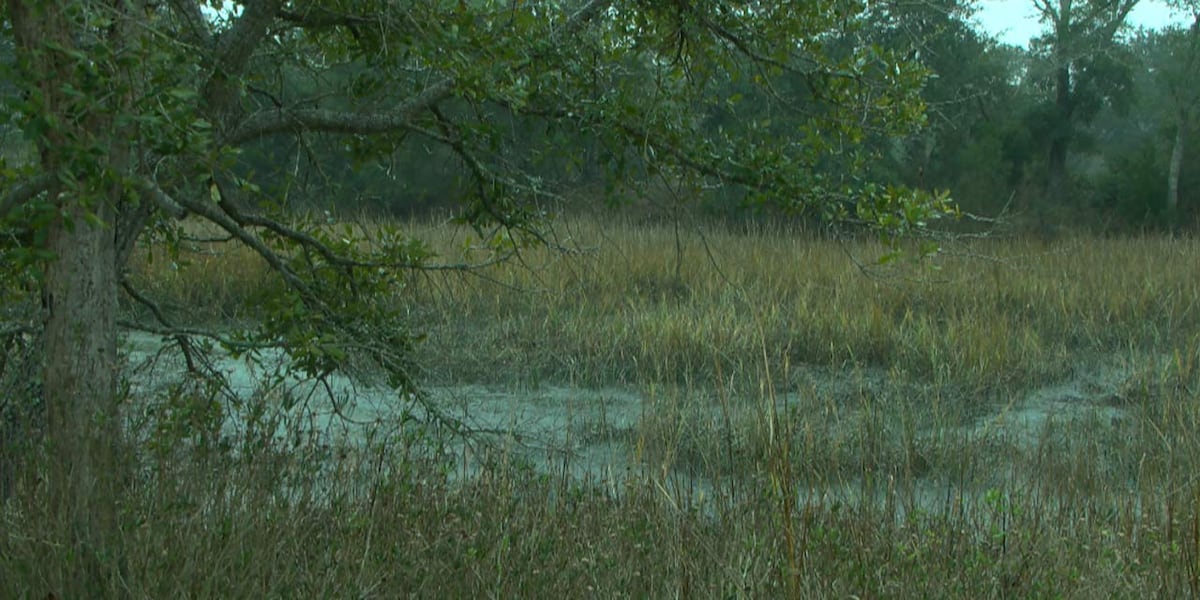
From Trump's EPA to DOJ: Legal Eagle Shifts Environmental Battleground
During the early years of the Trump administration, Adam Gustafson found himself at the center of a critical environmental policy review. As a key member of the Environmental Protection Agency (EPA), he was deeply involved in the agency's complex reconsideration of the pivotal endangerment finding—a scientific determination that would have significant implications for climate change regulation. Gustafson's role placed him at the intersection of scientific assessment and political policy, working to evaluate the agency's existing stance on greenhouse gas emissions and their potential impact on public health and the environment. The reconsideration process was a delicate and nuanced undertaking, reflecting the broader tensions surrounding climate policy during the Trump presidency. His work highlighted the ongoing debates about environmental regulation, scientific interpretation, and the evolving landscape of federal environmental policy during a period of significant political transition.









